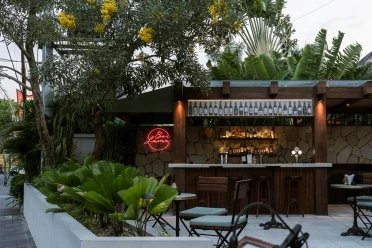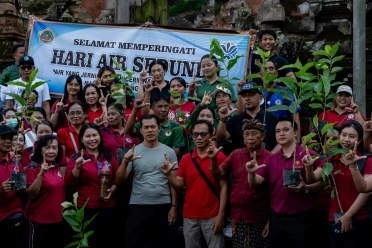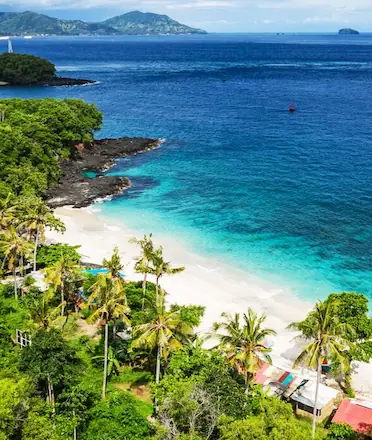Hidden in the cool folds of northern Bali’s mountains, Tigawasa Village feels like stepping into a living museum. Located about 19 kilometers west of Singaraja in Buleleng Regency, this serene enclave spans over 1,600 hectares of fertile highlands between 500 to 700 meters above sea level.
With lush hills, winding rivers, and a strong sense of community rooted in Bali Aga culture, Tigawasa offers travelers a rare look into the island’s oldest way of life.
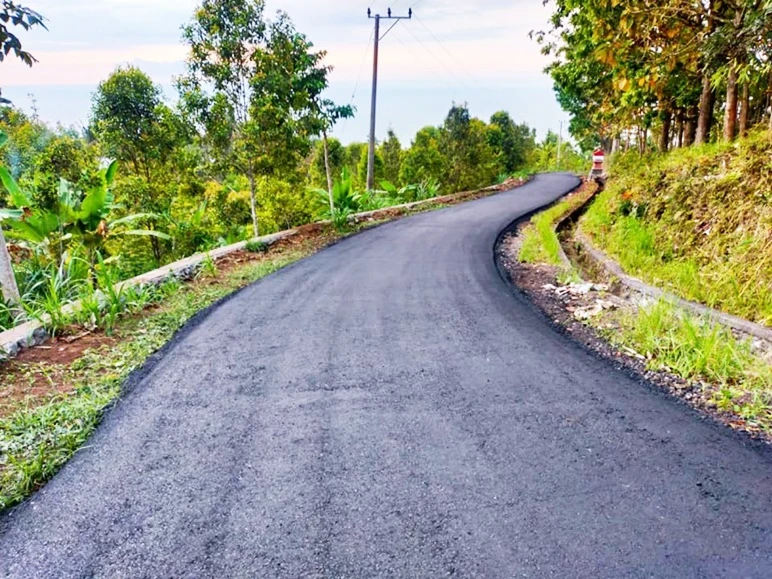
The Origins of a Bali Aga Legacy
Tigawasa is one of Bali’s few remaining Bali Aga villages, a term used for settlements that existed long before the arrival of Majapahit influence in the 14th century. The name itself comes from three words: tiga (three), was (place), and sa (one), which together mean “three places united as one.” Those places, Sanda, Pangussari, and Kuum Munggah (now known as Gunung Sari), form the core of the community that has lived here for centuries. To reach Tigawasa, you can drive from Denpasar to Banjar, then continue about 24 kilometers west of Singaraja. The road may twist and climb, but the reward at the end is a world apart where history, culture, and nature merge seamlessly.
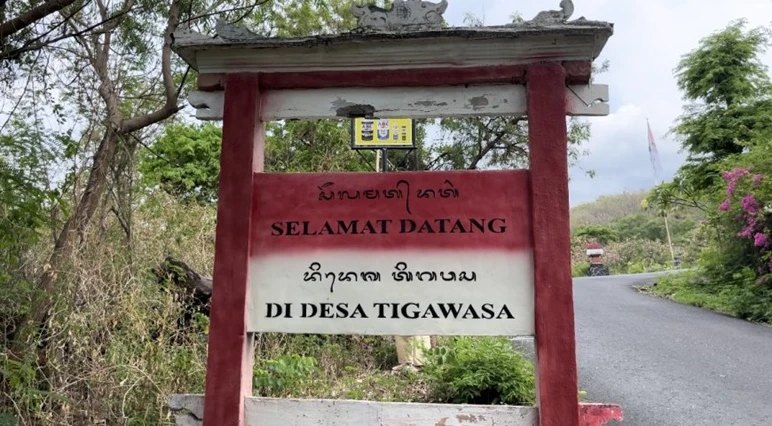
What makes Tigawasa truly fascinating is its wealth of archaeological relics. Excavations have uncovered stone axes, bronze jewelry, and ancient sarcophagi dating back more than two thousand years. These artifacts trace the evolution of human life from the Neolithic (Batu Muda) to the Bronze (Megalithic) periods, revealing a settlement that once thrived with craftsmanship and spiritual devotion. Locals still tell stories about gigin kilap, mystical polished stones believed to protect crops from pests when soaked in water. Every object and legend here carries whispers of the distant past.
A Village that Breathes Tradition
Daily life in Tigawasa moves at a gentle rhythm, guided by customs that have endured for generations. The villagers speak their own dialect, distinct from standard Balinese, and follow a local calendar to determine sacred days and ceremonies. The leadership is equally unique, with one person serving as both Perbekel (village head) and Bendesa Adat (customary leader), blending administrative and spiritual duties into a single role.
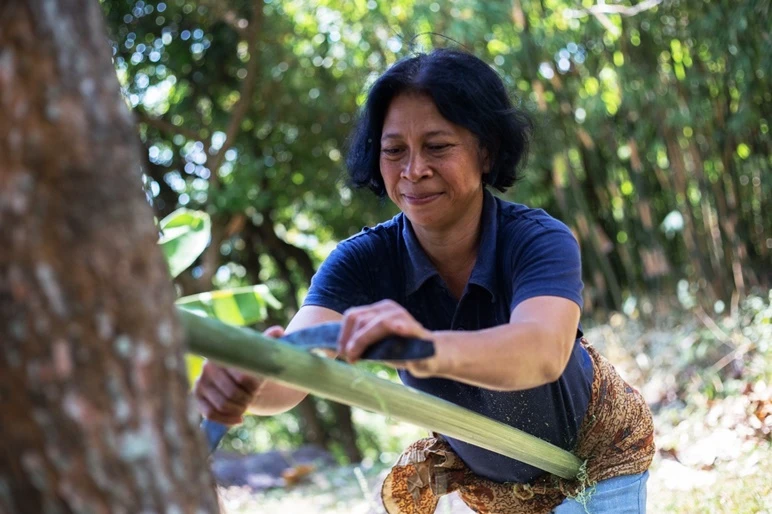
Among the most remarkable customs is the burial tradition. Unlike most Balinese villages that practice cremation, the people of Tigawasa bury their dead. The body is accompanied by chanting and offerings, and the burial takes place within 24 hours. This ancient practice reflects their deep respect for the cycle of life and the earth itself. Another long-standing ceremony is Sarining Tahun, where landowners contribute rice or money annually to support the temple fund. The rice is stored in traditional granaries called Jineng Sanghiyang. There is also Merobos Kidang, a hunting ritual that takes place during the village’s Nyepi celebration, in which locals venture into the forest in search of wild deer as a symbolic gesture of courage and gratitude to nature.
Nature’s Serenity in Every Direction
Beyond its cultural depth, Tigawasa captivates with its natural beauty. The village is surrounded by undulating hills, fertile plantations, and crystal-clear rivers such as Tukad Cebol. The air is cool and pure, with birdsong echoing across the valleys. Walking through its quiet paths feels meditative, each corner inviting reflection and every view rewarding patience.
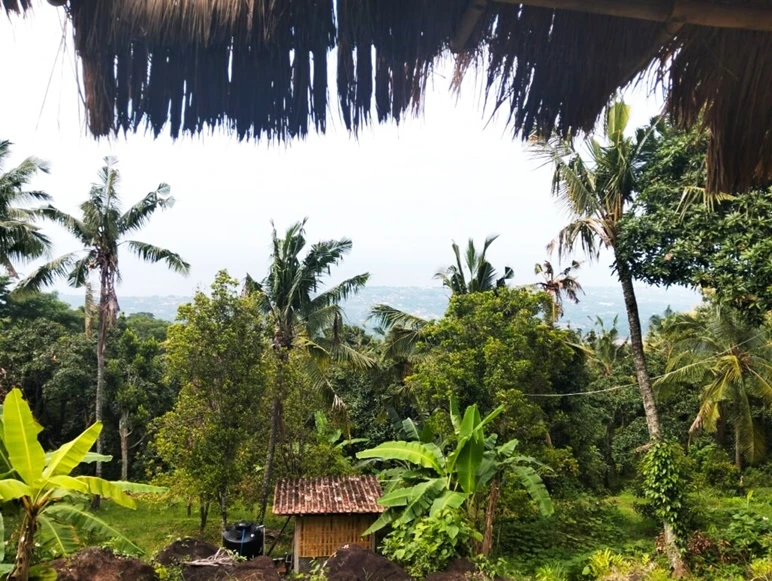
Adventure seekers can hike to the surrounding ridges for sweeping views of the Bali Sea or wander into the forests where nature remains largely untouched. It is an ideal retreat for travelers who want to slow down and reconnect with the land, away from the crowds of southern Bali.
Craftsmanship that Speaks of Soul
Tigawasa is also home to talented artisans who specialize in bamboo craftwork. Their creations range from daily household items to intricate woven art that carries deep symbolic meaning. Visitors can watch the artisans at work, take part in hands-on workshops, or bring home beautiful souvenirs that reflect the village’s quiet elegance. Each piece is made with skill passed down through generations, linking modern visitors with the spirit of ancient Bali.
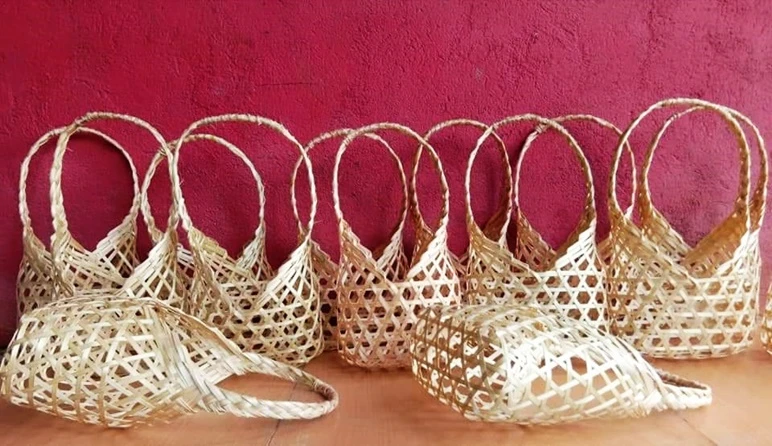
For travelers seeking an authentic encounter with Bali’s roots, Tigawasa offers an unforgettable journey. You can stay in simple homestays run by local families, savor traditional dishes cooked with fresh ingredients from nearby gardens, and join cultural events if your visit coincides with one. Every interaction opens a window into a community that thrives on harmony, respect, and resilience.



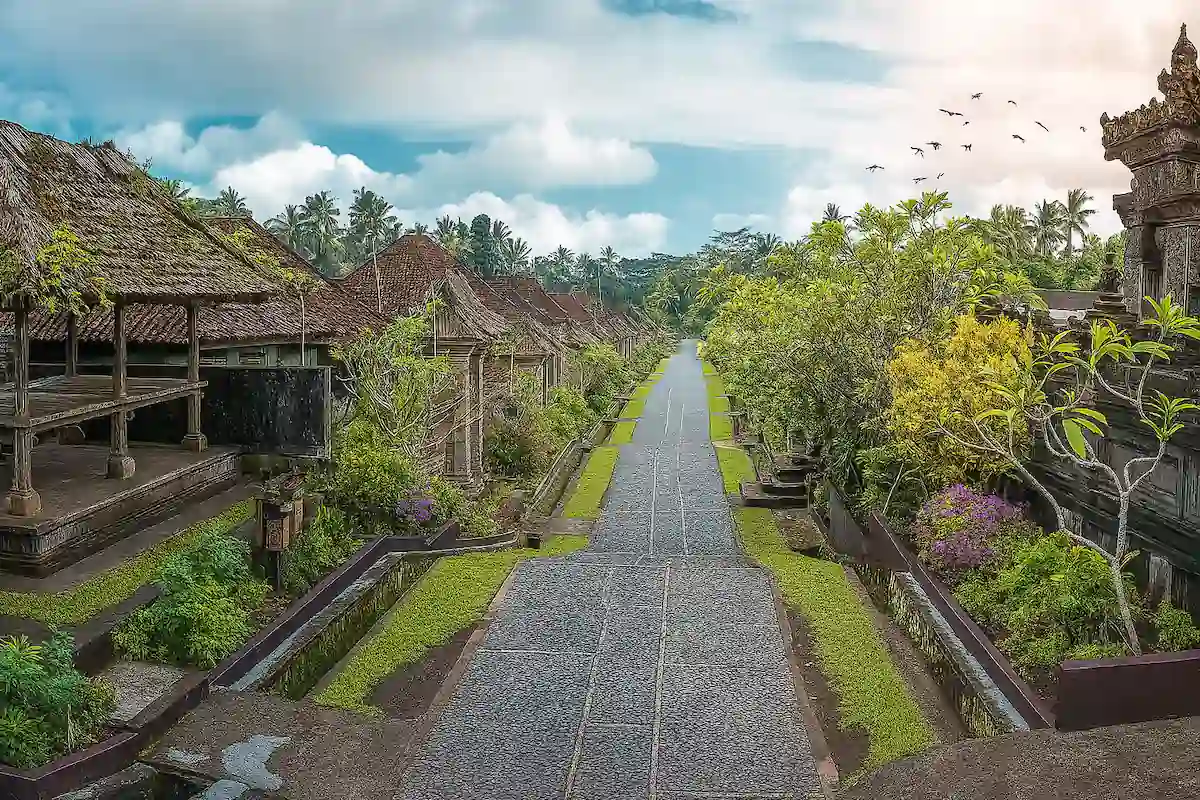
 Billy Bagus
Billy Bagus
 Nov 05, 2025
Nov 05, 2025
